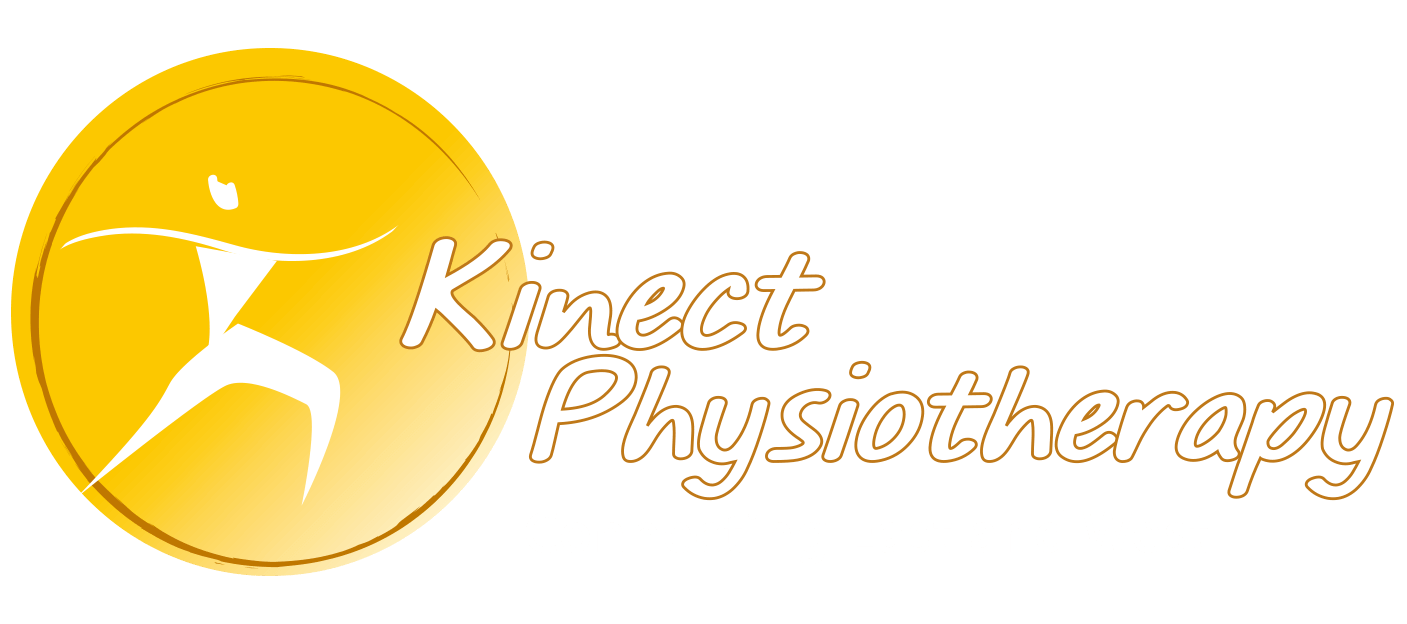
The Role of Physiotherapy in Managing Arthritis
February 8, 2024
Understanding Spinal Cord Injuries and Physiotherapy
February 8, 2024Celebrating National Women’s Month: Women’s Health and Physiotherapy

Physiotherapy Can Help with Balance and Fall Prevention
March is not just another month—it's a time to celebrate the strength, resilience, and contributions of women around the world. National Women's Month is an opportunity to honor the achievements of women in various fields, including healthcare. In this article, we delve into the realm of women's health and how physiotherapy plays a crucial role in enhancing their well-being.
Understanding Women's Health
Women's health encompasses a wide range of physical, mental, and emotional aspects that are unique to women. From reproductive health to hormonal fluctuations and musculoskeletal issues, women experience a myriad of health concerns throughout their lives. It's essential to address these issues holistically, considering the interconnectedness of body, mind, and spirit.
The Role of Physiotherapy in Women's Health
Physiotherapy, also known as physical therapy, focuses on restoring and maintaining physical function, mobility, and overall well-being. In the context of women's health, physiotherapy plays a pivotal role in addressing various conditions and concerns:
1. Pregnancy and Postpartum Care
During pregnancy, women undergo significant physical changes, including weight gain, changes in posture, and pelvic floor issues. Physiotherapy offers tailored exercises and techniques to support women during pregnancy and prepare them for childbirth. After childbirth, physiotherapy helps women regain strength, address postpartum pain, and manage conditions like diastasis recti.
2. Pelvic Health
Pelvic health is crucial for women's overall well-being, affecting urinary, bowel, and sexual function. Physiotherapy interventions for pelvic health include pelvic floor muscle training, biofeedback, and manual therapy to address conditions like urinary incontinence, pelvic organ prolapse, and pelvic pain.
3. Menstrual Disorders and Menopause
Physiotherapy can provide relief for women experiencing menstrual disorders such as dysmenorrhea (painful periods) and menopause-related symptoms like hot flashes, mood changes, and bone density issues. Exercise, relaxation techniques, and lifestyle modifications are integral parts of physiotherapy management for these conditions.
4. Breast Health
Breast health is another area where physiotherapy plays a supportive role. Physiotherapists can provide guidance on breast self-examination techniques, posture correction to alleviate breast-related discomfort, and exercises to maintain breast health.
5. Bone Health
Osteoporosis, a condition characterized by weakened bones, is more common in women, especially after menopause. Physiotherapy interventions focus on weight-bearing exercises, balance training, and fall prevention strategies to enhance bone health and reduce the risk of fractures.
Importance of Holistic Approach
In addressing women's health issues, a holistic approach is paramount. Physiotherapists consider not only the physical aspects but also the psychological and social factors that influence health. Empowering women with knowledge about their bodies, promoting self-care practices, and providing personalized care are essential components of a holistic approach to women's health.
Conclusion
As we celebrate National Women's Month, let's recognize the vital role of physiotherapy in promoting women's health and well-being. From pregnancy and pelvic health to menstrual disorders and bone health, physiotherapy offers comprehensive solutions tailored to women's unique needs. By prioritizing a holistic approach and empowering women to take charge of their health, we can pave the way for a healthier future for all women.



